What misery to be afraid of death. What wretchedness, to believe only in what can be proven
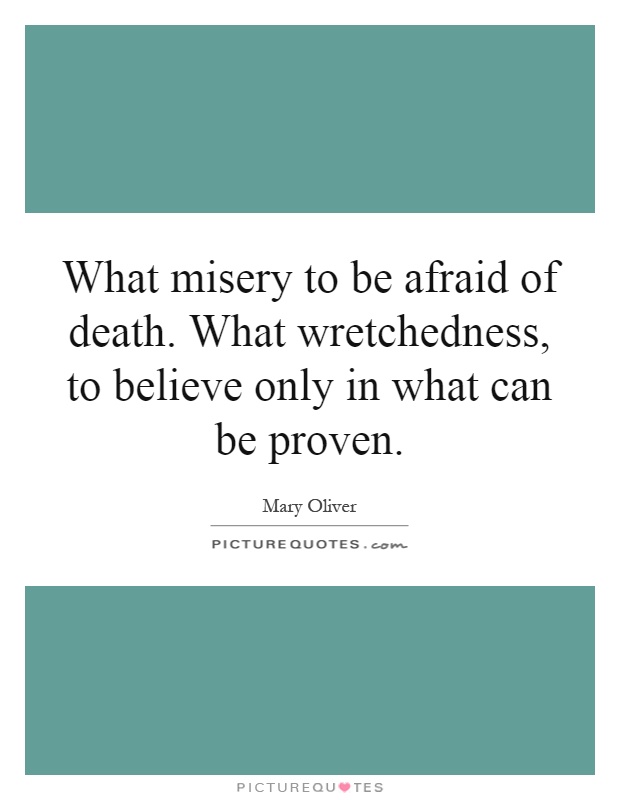
What misery to be afraid of death. What wretchedness, to believe only in what can be proven
Mary Oliver, the beloved poet and Pulitzer Prize winner, often explored themes of nature, spirituality, and the human experience in her work. In the context of the quote “What misery to be afraid of death. What wretchedness, to believe only in what can be proven,” Oliver’s poetry offers a unique perspective on these profound and existential questions.Oliver’s deep connection to the natural world is evident in many of her poems, where she finds solace, beauty, and meaning in the cycles of life and death that are constantly unfolding around us. In her poem “When Death Comes,” Oliver reflects on the inevitability of death and the importance of living fully in the present moment. She writes, “When it’s over, I want to say: all my life / I was a bride married to amazement. / I was the bridegroom, taking the world into my arms.”
For Oliver, the fear of death is a barrier to fully embracing the beauty and wonder of life. By being consumed with fear and anxiety about the unknown, we miss out on the joy and richness that can be found in each moment. In her poem “The Summer Day,” Oliver famously asks, “Tell me, what is it you plan to do / with your one wild and precious life?” This question serves as a reminder to live with intention, purpose, and gratitude, rather than being paralyzed by fear and doubt.
Oliver’s poetry also challenges the notion that only what can be proven by science or logic is valid or true. She often delves into the realm of the spiritual and the mystical, exploring the interconnectedness of all living beings and the transcendent power of nature. In her poem “Wild Geese,” Oliver writes, “You do not have to be good. / You do not have to walk on your knees / for a hundred miles through the desert, repenting. / You only have to let the soft animal of your body / love what it loves.”
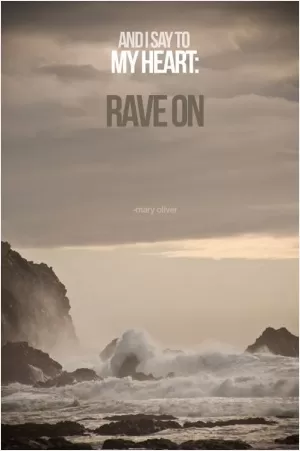

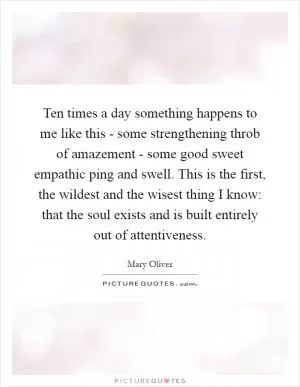




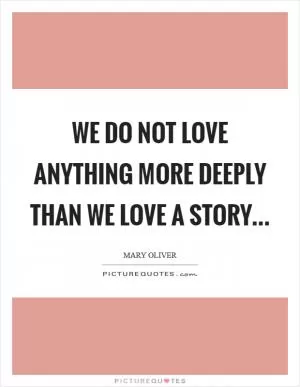

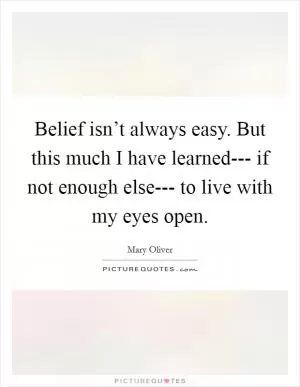
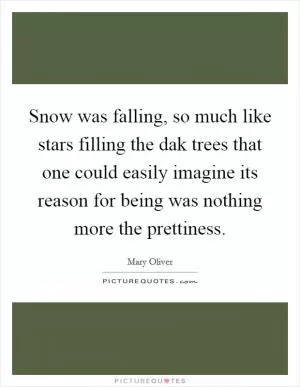

 Friendship Quotes
Friendship Quotes Love Quotes
Love Quotes Life Quotes
Life Quotes Funny Quotes
Funny Quotes Motivational Quotes
Motivational Quotes Inspirational Quotes
Inspirational Quotes